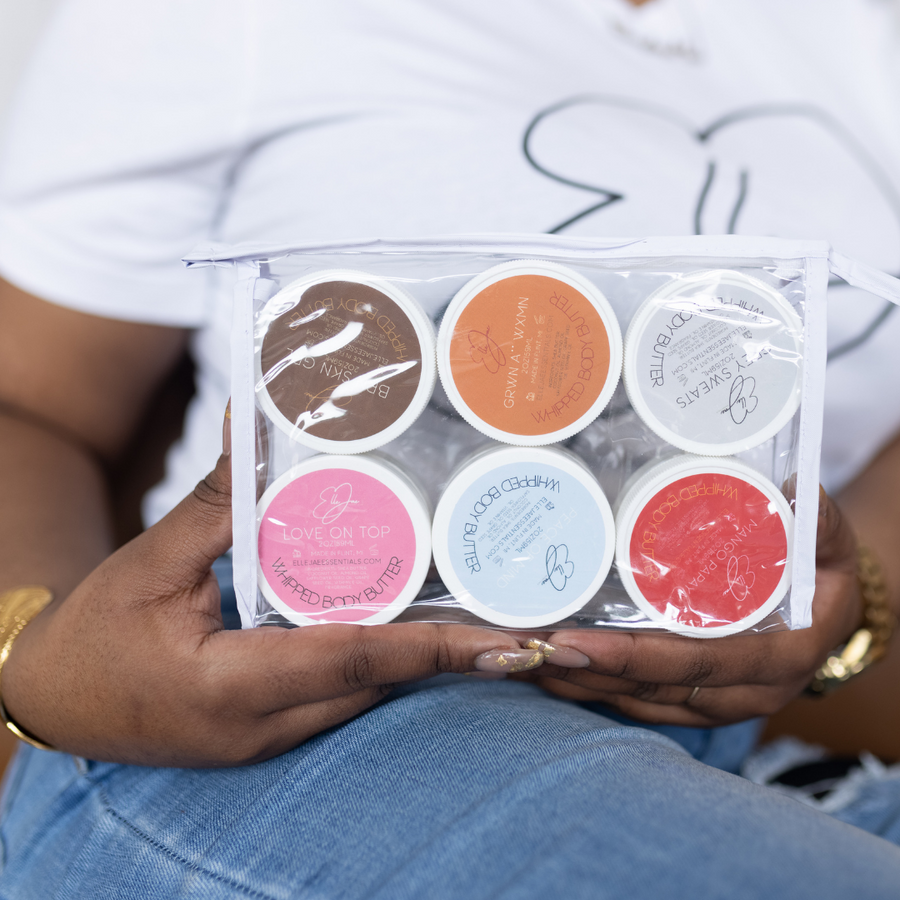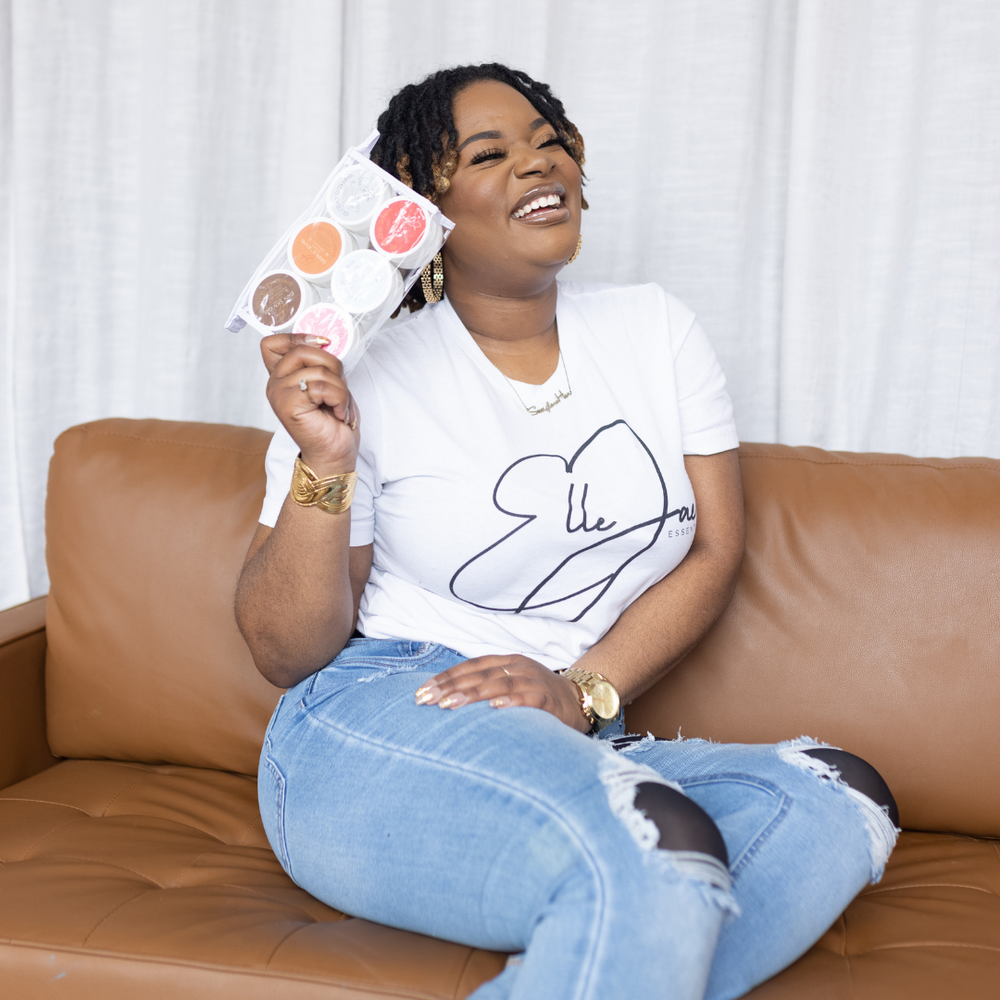Busted: 5 Skincare Myths
What the Skincare industry gets wrong about Black skin and the Black-Owned products you can trust!
Myth 1: Dark Skin Doesn’t Need Sunscreen
As we know by now, darker skin tones are rich in melanin, a pigment in the skin which provides protection against UVA and UVB rays. However, the presence of melanin does not provide complete defence against skin cancer. This myth is an especially dangerous one as studies have suggested that people of color are 1.5 times more likely to die from skin cancer than caucasian people due to delay in seeking medical attention. (Mahendraraj et al.)
A quick google search will show you that Black-owned Sunscreens are more prevalent than you think. These sunscreens protect melanin rich skins and prevent whitecast on darker skin tones unlike other commercial products.
Myth 2: “Black Don’t Crack”
Aging is an intricate process that manifests itself subjectively. Contrary to popular belief, Black skin does indeed age. Melanin rich skin is better protected against sun damage and UV rays but this isn’t to say that Black skin is absolutely resistant to aging. Most studies on chronological aging in skin have been restricted to caucasian skin but in recent years, there has been research on how the signs of aging appear in darker skin. Common signs of aging in dark skin include dyspigmentation, sagging and age spots. These signs are slightly different from the wrinkles and fine lines observed in white skin but are nevertheless signs of skin aging. (Vashi et al. 31-38) Our Body Butters and Lotion are formulated to ensure healthy skin with natural ingredients and will truly serve the purpose of prevention rather than cure.
Myth 3: You Can’t Treat Hyperpigmentation in Dark Skin
Hyperpigmentation is caused due to the overproduction of Melanin and hence, it is a big concern for people with darker skin tones. There is a belief that hyperpigmentation in darker skin tones can only be healed with time. We’re here to bust that myth.
With Black-Owned skincare products like ours, it is absolutely possible to fade dark spots in darker skin tones. Almond Oil, a source of vitamin A, can reduce the appearance of dark spots with regular application. Try our You will not be disappointed with our Bath and Body Oil for dark and bumpy spots and patches of hyperpigmentation!
Myth 4: Dark Skin is Not as Sensitive
Irritation in lighter skin tones is generally more visible due to the lighter pigment. In darker skin tones however, irritation and sensitivity are often not physically visible till the condition has exasperated. This leads people to believe that black skin is less sensitive. However, the increased activity of ceramidase in darker skins causes higher levels of trans-epidermal water loss; this results in these skin tones being more sensitive. (Liakath-Ali et al. 374-383) Our extensive knowledge about sensitive dark skin has allowed us to create products that will heal your skin without costing a fortune.
Myth 5: Famous and Luxury Skincare Products are suitable for All Skin
This is the biggest myth so far. While we appreciate the growing prevalence of inclusivity in the Cosmetic industry, there is still a dearth of products that understand Black skin. Skincare products can never be a one-size-fits all endeavour. Pigment in darker skin tones makes reaction to chemicals and ingredients significantly different than that of the average population. Hence, we urge you to give your skin what it needs, Black-Owned Skin products; At Elle Jae Essentials, our mission is to give your skin the healthy, safe and nourishing products it deserves. We can't wait for you to join our SunflowHER community!
Bibliography
Liakath-Ali, Kifayathullah, et al. “Alkaline ceramidase 1 is essential for mammalian skin homeostasis and regulating whole-body energy expenditure.” Journal of Pathology, vol. 239, no. 3, pp. 374-383, https://onlinelibrary.wiley.com/doi/full/10.1002/path.4737.
Mahendraraj, Krishnaraj, et al. “Malignant Melanoma in African–Americans.” Medicine, vol. 96, no. 15, 2017, https://www.ncbi.nlm.nih.gov/pmc/articles/PMC5403065/.
Vashi, Neelam A., et al. “Aging Differences in Ethnic Skin.” The Journal of Clinical and Aesthetic Dermatology, vol. 9, no. 1, 2016, pp. 31-38, https://www.ncbi.nlm.nih.gov/pmc/articles/PMC4756870/.




JaTorkGLXDRfUgx
CqhSJLDb
QDOnXjRrvW
Leave a comment